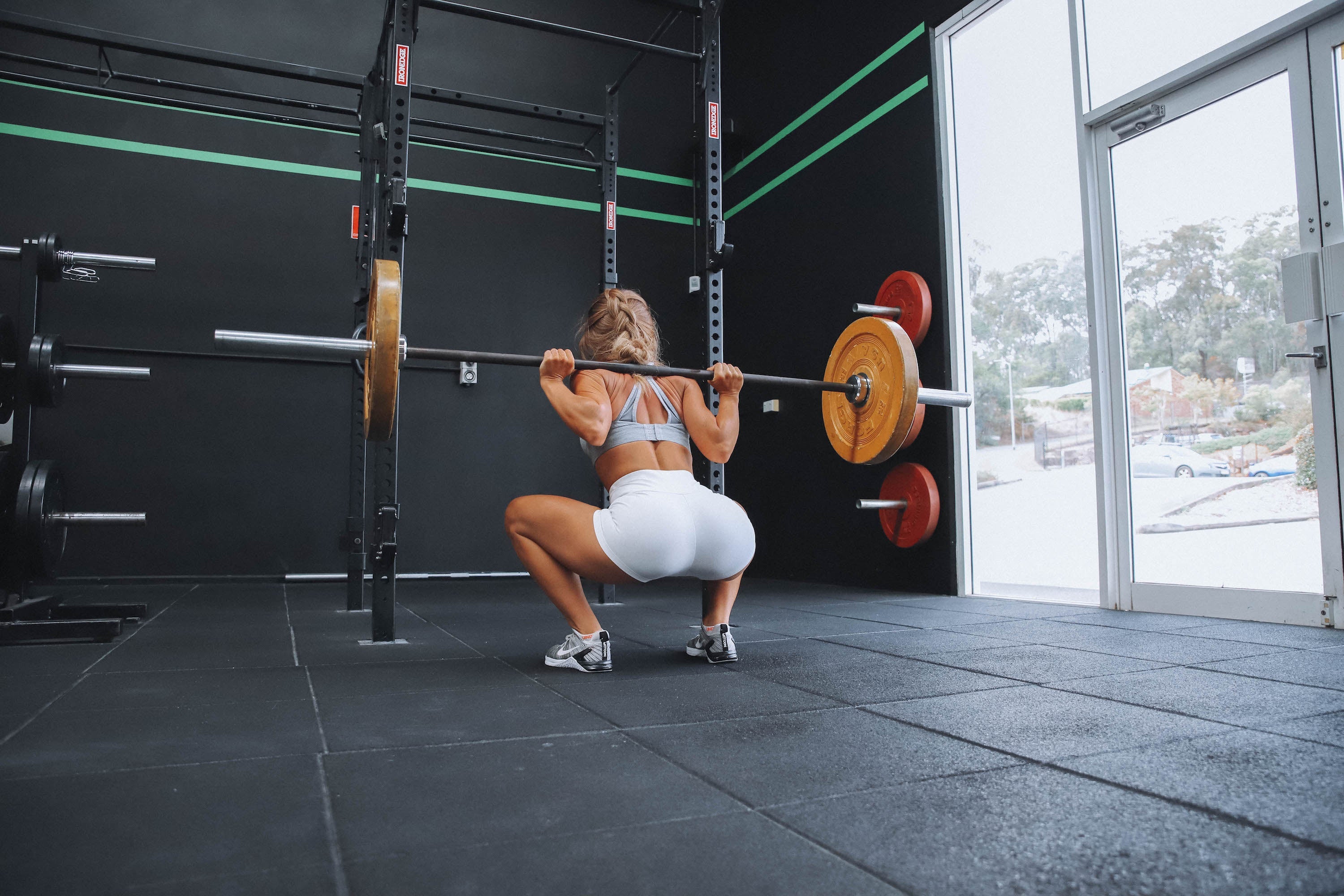It’s true, you have to push yourself to become your strongest, fittest self. But you also have to know when to rest. You’ll reach your fitness goals much faster if you incorporate rest days into your routine. You may have had some awesome sweat sessions this week, but now your body needs a little TLC and time to recover.
Workouts stress the body, and while the changes you’re causing are good ones (like muscle growth, fat loss, and improved cardiovascular health), you need to give your body time for those changes to settle in before doing it all over again. Your body needs time to clear out lactic acid, repair micro-tears in the muscle, and restore energy reserves.
A rest day allows both your body and your mind to consolidate all the hard work you’ve been doing. When you allow your muscles to regenerate, you avoid burnout and show up stronger, more energised, and more motivated the next time.
You won’t lose progress by taking a rest day, in fact, it’s how you keep going.
Use your rest days to recharge. Whether that means Netflix and chill, a spa day, light prep in the kitchen, or time with your family. Do what refuels you. If you’re itching to move, try gentle cardio, a walk outside, stretching, foam rolling, or yoga. But remember: this is rest.
Try and schedule at least one full rest day per week. More if you need it. The ideal amount depends on your training style, schedule, and stress levels. If you’re training with weights, allow 48 hours before working the same muscle group again. This means you can still train consecutive days, just target different areas (e.g., legs on Tuesday, chest/back on Wednesday). You can also alternate intensity and follow a hard session with something lower-impact the next day.
Why rest matters for women, even if you’re not training hard
It’s not just the gym that tires you out. It’s everything else.
Mental load. Emotional stress. Hormonal shifts. A never-ending to-do list. Even if you’re not doing intense workouts, your body still needs recovery.
For women, especially those juggling work, motherhood, relationships, and caregiving, rest is a biological and emotional need.
Chronic low-grade stress (common in women juggling multiple roles) has been shown to increase cortisol levels, impair sleep, disrupt digestion, and negatively impact metabolism. (McEwen, 2006; APA, 2020)
Rest helps regulate that stress. It supports your nervous system. It protects your hormones, your energy, your focus, and your mood.
You don’t need to "earn" rest. You need it to function, to feel grounded, and to show up as the best version of you.
Rest isn’t a luxury. It’s the foundation for real, sustainable wellbeing.
How do you know if you need more rest?
Sometimes, one day is enough. Sometimes you need more, especially if you’re injured, overwhelmed, or burning out.
If you’re noticing signs like elevated resting heart rate, dehydration, nagging injuries, cramps, or fatigue from basic exercises. Listen to your body.
If you think you should work out but feel heavy, flat, or emotionally drained. A rest day might be the most productive choice you could make.
If your motivation is low but your body feels okay, try switching it up. A new style, a new playlist, or a training buddy might give you a boost.
At the end of the day, the best guide is your body.
If you feel unmotivated, fatigued, irritable, or like everything takes more effort than usual, that’s your cue to rest.
Remember, your recovery days are just as important as your intense workout days.
Give your bod the space to repair, and you’ll be stronger, inside and out, because of it.
Sophie x





Leave a comment